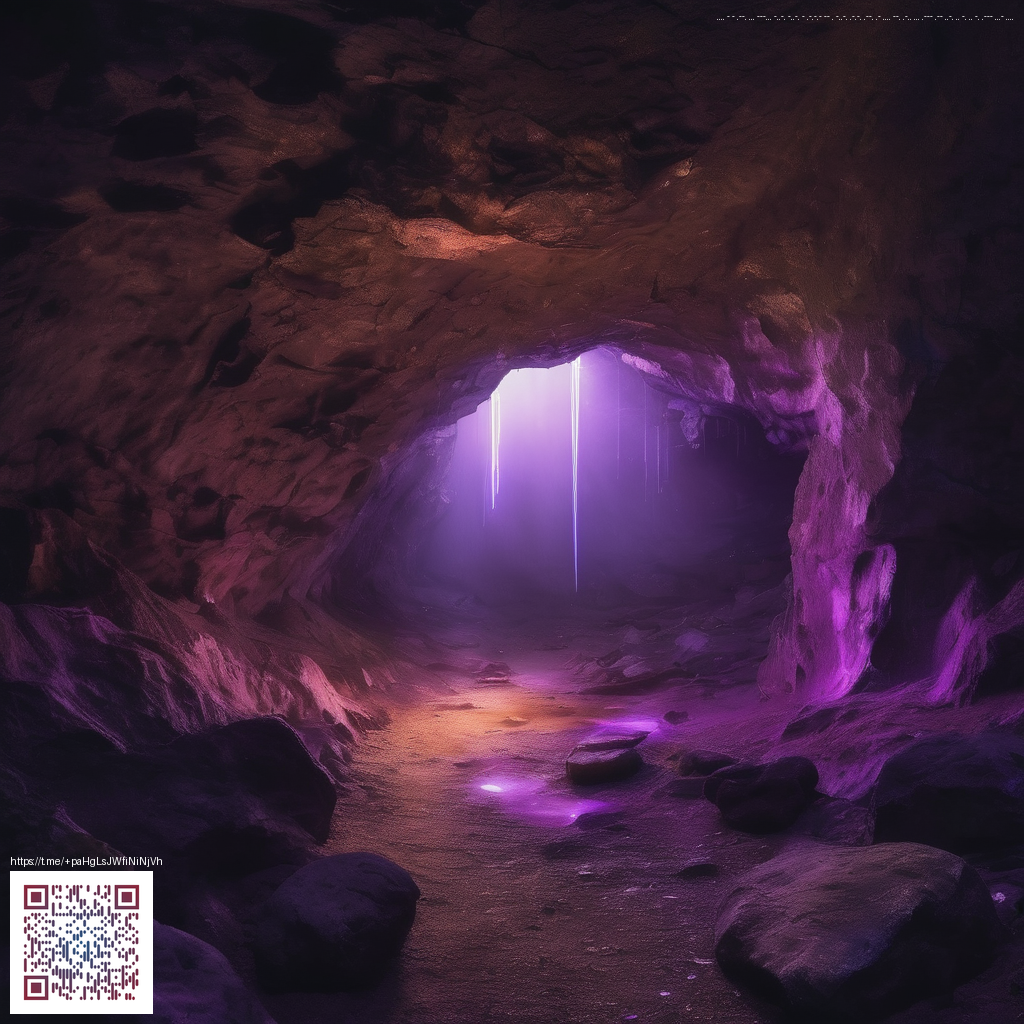
Politics and power dynamics woven into the rhythm of a virtual stage
Rock Band 2 released in 2008 from Harmonix and MTV Games to redefine party gaming. Its world stretches beyond notes and glissandos into a living ecosystem where bands chase fame, fans mold trends, and behind the scenes the industry exerts influence. The result is a microcosm that mirrors real world policies around culture, licensing and community governance, all played out on a stage that reacts to every crowd cheer and chorus drop.
The game offers more than a playlist shuffle it builds social and economic currents that drive how bands form compete and evolve. Even the career ladder is a subtle map of power relationships with managers tour slots and audience expectations acting as the invisible hands. Players feel these forces in the rhythm of a season through unlocks rivalry and the pressure to deliver a crowd pleasing setlist.
The rhythm economy and the career ladder
As bands rise from garage show starters to stadium tours the game you feel the weight of advancement. Progression is not only about hitting every note it is about choosing a direction that resonates with the audience and the venue. The difficulty curve and audience response function as a feedback loop shaping strategy. Teams learn quickly that a well curated set list can tilt the balance of power in a night and ensure a repeat booking next season.
Community driven criteria often decide which songs become standard picks for big events. In practice this creates a living policy system in which collective taste becomes governance. The more a track earns love from players the more it reappears on live show simulations, reinforcing a dynamic where taste and influence ride the same wave as tempo and tempo changes.
Licensing, DLC and the on stage power broker
The model of music licensing and delivery in Rock Band 2 mirrors a real world economy. DLC packs act as curated concessions representing how publishers manage rights support and revenue. The cadence of new tracks introduces a rotating market where supply can shift public favorites and influence the cultural conversation around a tour. While players revel in fresh riffs the underlying system quietly reinforces how access to content can change the strategic landscape for bands.
Behind the curtain the game also demonstrates the tension between artistic freedom and practical constraints. Track selection dictates what a group can perform in a given season and which collaborations feel feasible. Updates to the game over time refine balance between solo verses and group harmonies, effectively tuning the political economy of performance for a broad audience.
Fans as lawmakers and the orbit of competition
Online playlists and leaderboards act as a public forum where the community votes with their feet. The most played songs and top rated performances rise to the top, guiding what becomes canonical in an era and shaping expectations for new players. Tournaments and competitive modes create stakes similar to elections where consensus around fair play and skill determines who earns prestige and rewards.
This communal governance extends to debates about what counts as performative quality versus technical prowess. Ambitious players experiment with crowd pleasing arrangements while more purist players chase precision and speed. The resulting dialogue mirrors political discourse where different visions of value compete for legitimacy on the virtual stage.
Modding culture and user generated content
Rock Band Network introduced a new era for user created content by opening doors for artists and fans to author playable tracks. This shift transformed the game from a closed set of tracks into a living workshop where creativity and moderation intersect. In practice it meant communities could critique the limits of official content and push the boundaries of what a rhythm game could offer.
Modding and community led curation promoted broader participation and a sense of ownership. While console platforms imposed constraints the spirit of ownership persisted through custom playlists and fan led events. This culture echoes broader tech movements where empowerment through creation helps democratize access and influence in digital spaces.
Developer commentary and the cadence of updates
Updates across the life span of Rock Band 2 reflect a governance style that values balance and responsiveness. Patches and DLC programs illustrate how a developer hands players a voice while guiding the direction of future content. The dialogue between players and developers shapes expectations and keeps the world vibrant even as new tracks arrive and old favorites age gracefully.
In this light the rhythm of a live service painted in neon sound and glow becomes a map of political life within the game. Decision points around what to license or promote reveal how a fictional industry negotiates public interest with corporate strategy. It is a reminder that even in a hobby the machinery of policy and persuasion has a visible heartbeat.
Fans of the game will recognize the parallels between the in game systems and real world debates about cultural policy. The game invites players to consider how communities organize around shared passions and how leaders emerge from the chorus of fans. The result is a compelling blend of gameplay and worldbuilding that rewards both skill and insight.
For readers who enjoy delving into the layered storytelling behind digital worlds, the ongoing conversation around documentation and onboarding in game design offers useful context. Clear guides help new players find their voice in this complex ecosystem and quickly become part of the conversation around what the community values. In this spirit the world built around rhythm and performance feels alive and evolving.
Support the Decentralized Web